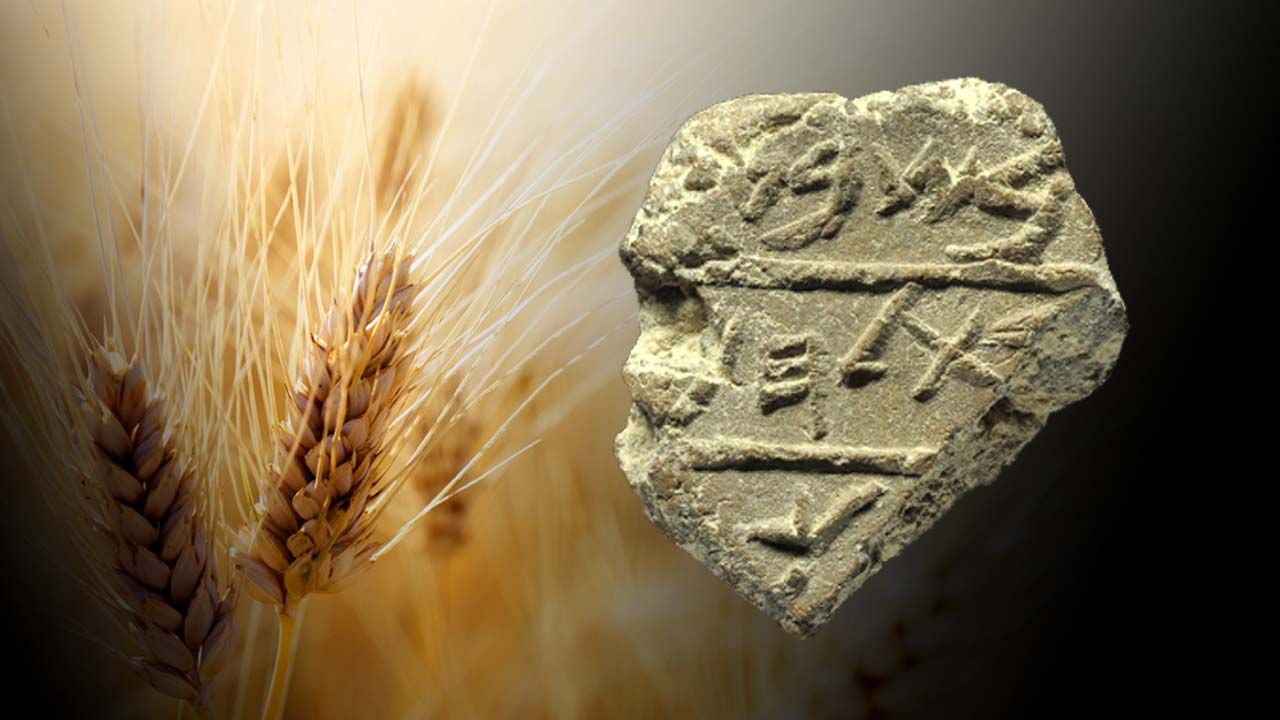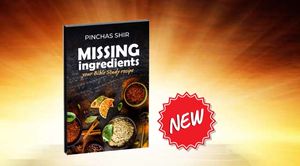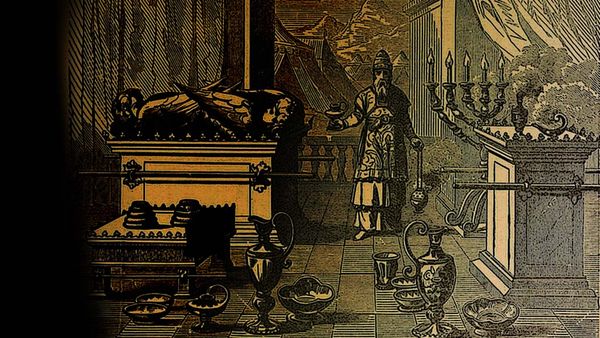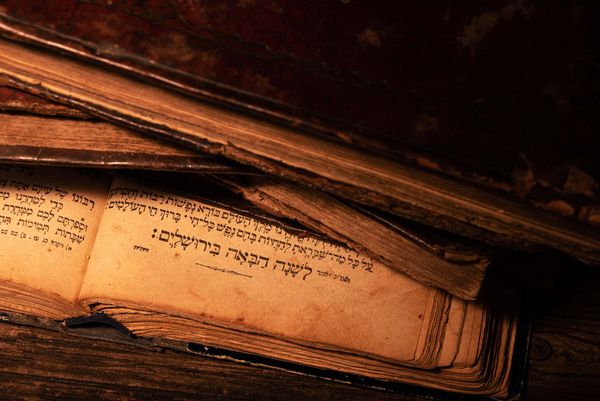Back in 2012 some volunteers and archeologists have uncovered a number of important discoveries while sifting through dirt in the vicinity of Jerusalem Archaeological Park near the Siloam Pool. Among the findings was an ancient clay seal (bulla) which was probably used to seal a shipment of tax payments to the king of Jerusalem. Tax payments were paid in silver or in agricultural produce, such as wheat or wine. It could have sealed packaged produce or a document. Archaeologist Eli Shukron maintains that the seal mentions the town of Bethlehem. So what is so remarkable about that?
You probably know the story of Ruth from the Bible. Ruth was a widow who returned to Israel from Moab in the company of Naiomi, who was originally from the town of Bethlehem. Ruth gleaned in the fields of Naiomi’s relative Boaz in Bethlehem and became his wife. They had a son named Obed, who had a son named Jesse, who had a son named David – the second king of Israel. And then, of course, the most famous of David’s descendants is Yeshua ben Yosef – Jesus. Many people know and love this story for many reasons. According to biblical chronology, the story happened in Bethlehem about 1000 BCE. The clay seal was dated to roughly 800 BCE.
What you may not know is that prior to this seal archaeologists had no mentions of Bethlehem outside of the Bible. This seal may be the earliest mention of the town, which according to the biblical stories was well established in Judah. The bulla has three lines of Hebrew
bishvʽat
בשבעת
bat lechem
בת לחם
[lemel]ekh
[למל]ך
The phrase most likely refers to a payment from Bethlehem to the king in the seventh year of the king’s reign. Archaeologists suppose the seal can refer to Hezekiah, Manasseh or Josiah, one of the Judean kings from that era. There are only a few words on the seal and of course, other archaeologists propose alternate readings of the text. If this seal indeed mentions Bethlehem this find is one of its kind from the First Temple era. Ironically, the seal was discovered just around the feast of Shavuot when the book of Ruth is read in most synagogues around the world.











Member discussion